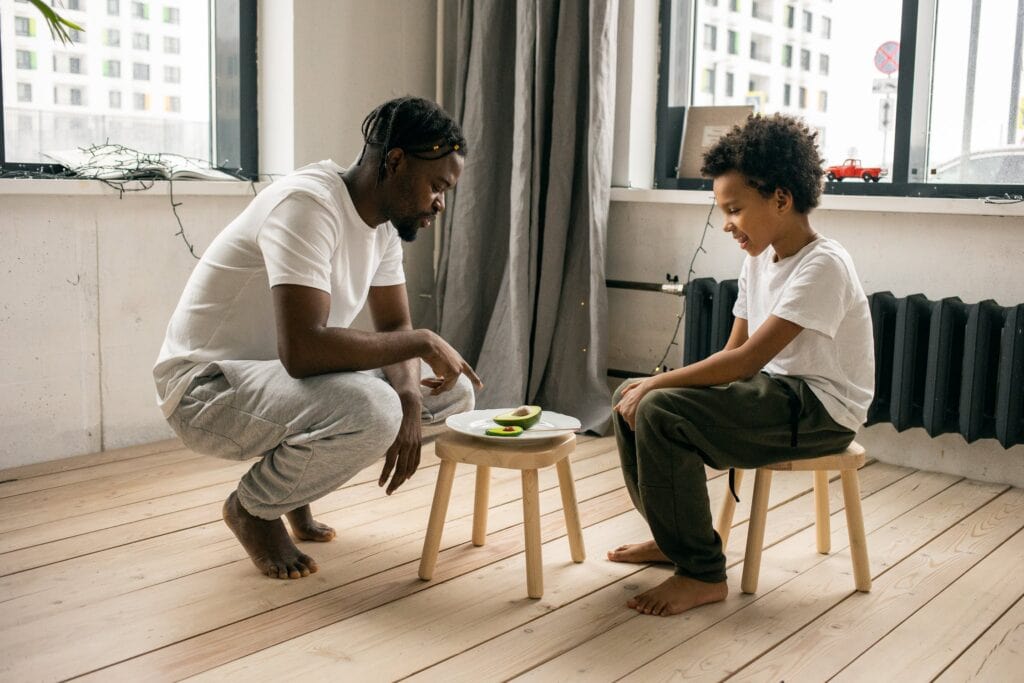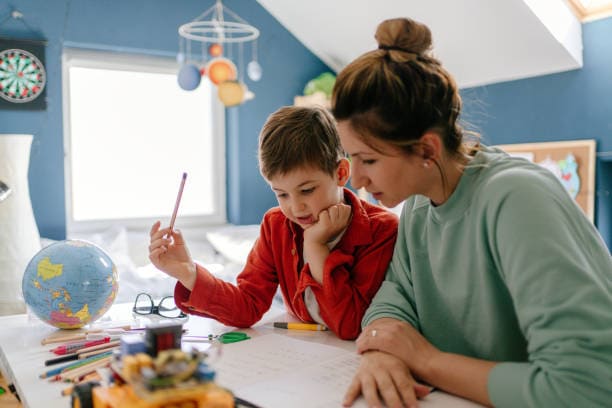Sole parental responsibility and child support are both key issues in family law. Discussions about sole parental responsibility and child support remain salient in divorce or separation proceedings.
Sole parental responsibility and child support are not necessarily interrelated. This means that having sole parental responsibility is not the only way to ensure you receive child support. In this article we will discuss sole parental responsibility and child support in detail.
Sole parental responsibility and child support are not interconnected topics. Even if two parents have equal shared parental responsibility, one parent might be eligible to receive child support payments from the other parent.
What Is Sole Parental Responsibility?
Section 61B of the Family Law Act (1975) defines parental responsibility as:
Parental responsibility, in relation to child, means all the duties, powers, responsibilities and authority which, by law, parents have in relation to children.
There is a presumption of equal shared parental responsibility. This is according to Section 61DA of the Family Law Act. This means that the court deems that it is in the child’s best interests for both his/her parents to have equal shared parental responsibility.
However, in some cases, Courts may grant sole parental responsibility to a parent. Sole parental responsibility means that one parent has complete authority to make all decisions in a child’s life.
These decisions can include short-term or long-term decisions. The parent with sole parental responsibility can make major decisions such as where the child will reside, where they child will go to school, decisions about healthcare of the child etc.
Importantly, the parent with sole parental responsibility need not consult the other parent before making any decisions for the child.

When Do Courts Grant Sole Parental Responsibility To A Parent?
For Family Courts, the most important principle in any family law proceeding is the “best interests of the child” principle.
Under Section 60CC of the Act, one main consideration under the best interested principle is the benefit to the child in having a meaningful relationship with both his/her parents.
Therefore, during any family law proceeding such as divorce or separation, Courts will encourage both parents to maintain access to their children.
However, in certain extreme scenarios involving family or domestic violence, Courts will consider giving sole parental responsibility to one parent.
This is because the second main consideration under the best interests principle is the need to protect the child from all forms of harm.
If a parent is causing harm to a child, or if he/she is exposing the child to family or domestic violence, the other parent can get sole parental responsibility for the child.
Similarly, this is the case even if a parent has neglected or emotionally abused the child. The other parent will then get sole parental responsibility.
Case Study Example
In the case of Robertson & Sento [2009] FamCAFC 49, the father Mr Robertson made an appeal against a previous order.
The Court made the previous order in favour of the mother, Ms Sento, who had sole parental responsibility for matters concerning the health and music tuition of the child.
The Court granted sole parental responsibility in these matters as it anticipated that the two parties would be unable to reach an agreement in these two matters. However, for all other matters, the Court had given both parents equal shared responsibility.
Moreover, the Court made decisions about how the child is to spend time with each parent. The primary judge had ordered that the child spend 5 nights per week every fortnight with the father.
The father appealed these decisions. The appellate judge consequently found that the primary judge had not considered the child spending a significant amount of time with both parties.
Eventually, the appellate judge ordered a rehearing for the case.
Sole Parental Responsibility And Child Support
Since we have given an overview of sole parental responsibility, let’s look at the meaning of child support.
Child support is a type of financial payment to help with the costs of raising the child following a divorce or separation. Generally, one parent makes child support payments to the primary parent of the child. Notably, both parents have a financial obligation to provide for their child.
Child support payments can be used for a variety of things such as housing costs, food, education and medical costs of the child.
When discussing sole parental responsibly and child support, it is important to note that the parent who is the sole or primary carer of the child can receive child support payments from the other parent.
Both sole parental responsibility and child support are matters that should be discussed with your family lawyer.
The primary carer will need to make an application for child support. The Department of Human Services or Services Australia is the governing body for all matters related to child support. Services Australia assess these applications.

Importance Of Seeking Legal Advice
Sole parental responsibility and child support are significant matters in family law. Following a breakdown of a relationship, these issues need to be sorted properly.
If your former partner has been abusive towards you or your child, you should look into getting sole parental responsibility for the safety of your child.
Parenting orders are court orders about parenting arrangements. These are legally binding orders. Before parties make applications for court orders, they must try dispute resolution services. It is important to show the court that you have attempted to resolve the matter through mediation.
Our award-winning mediators will assist parties to reach amicable agreements. Our solicitors will do so by encouraging the parties to have an open discussion about their matter.
Similarly, for child support matters, both parties can make mutual agreements if they wish to. It is important to handle family law matters properly as it can have lasting impacts on the child’s life.
Contact our team if you have more enquiries about sole parental responsibility and child support.
